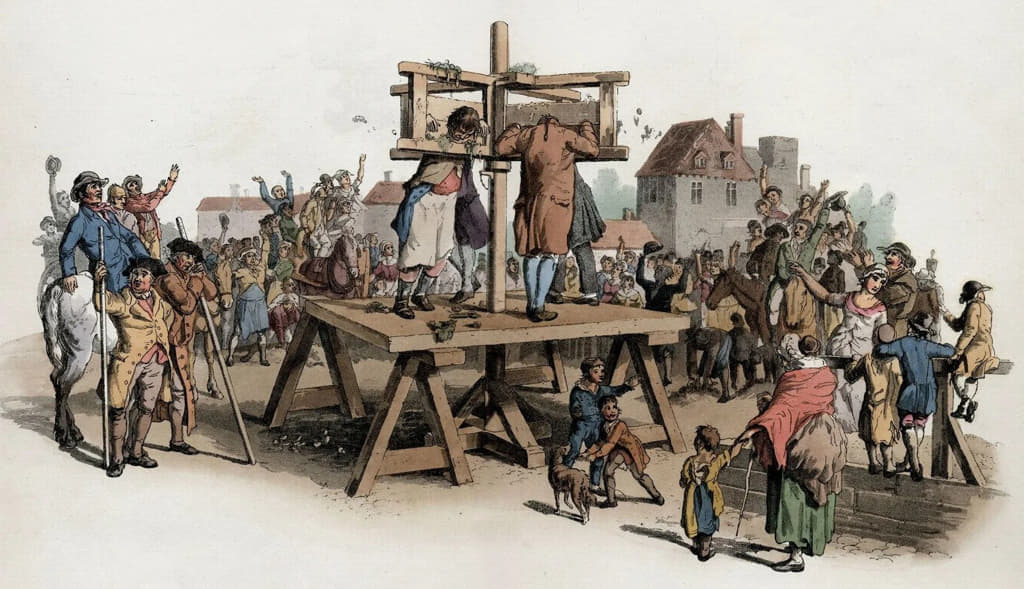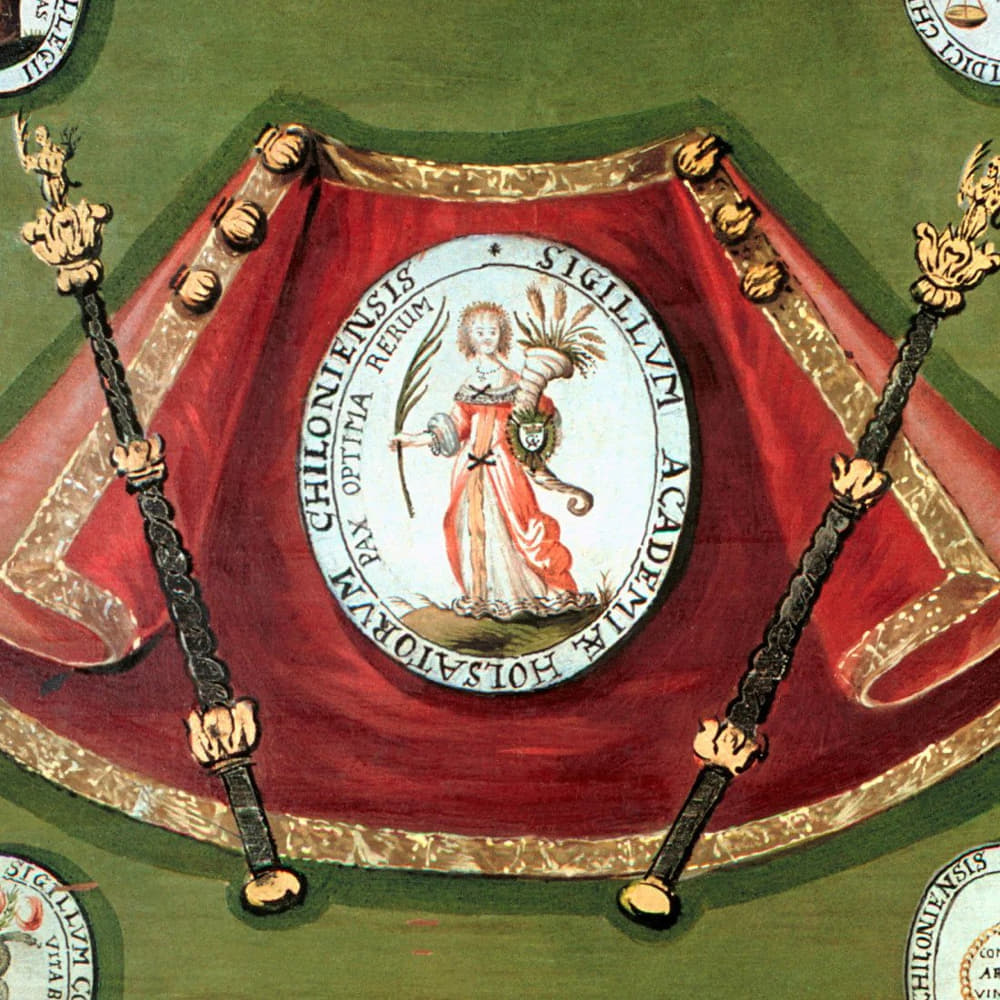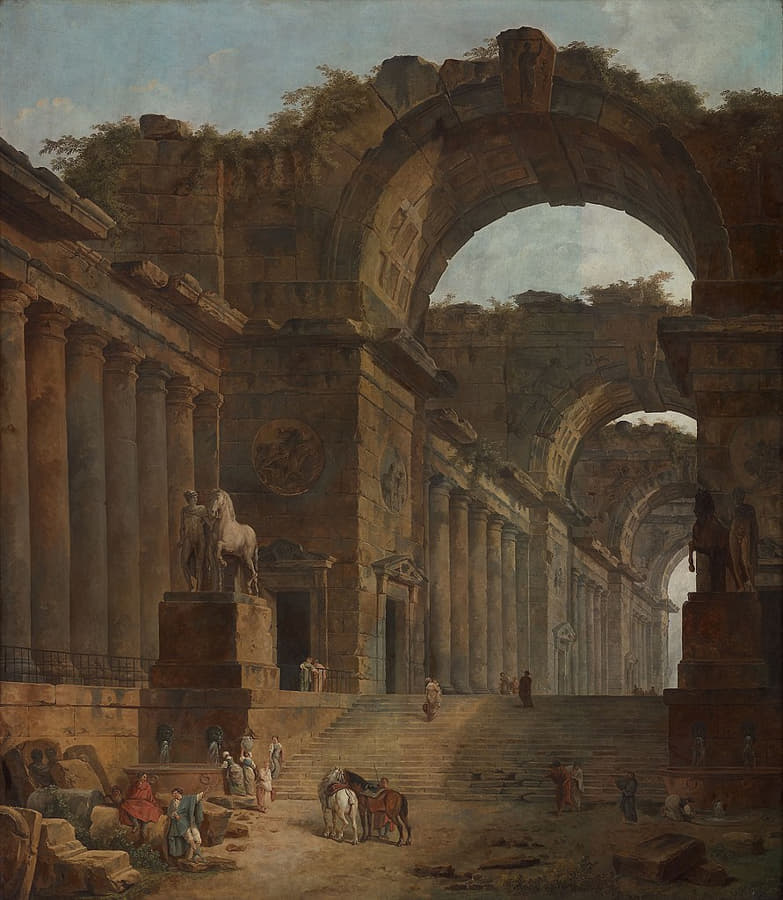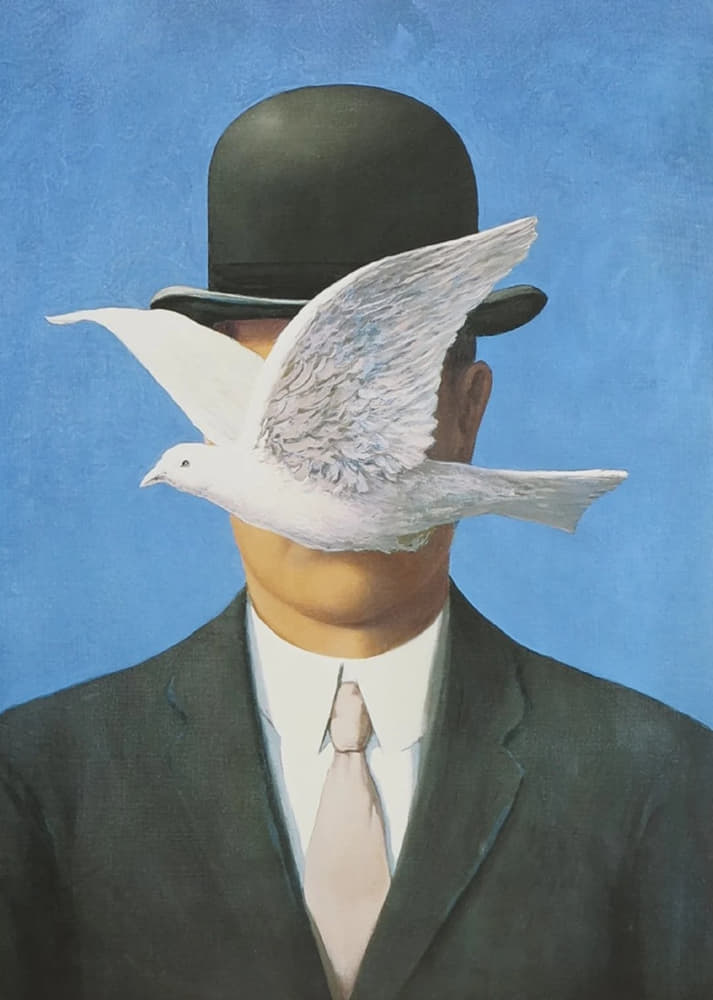And now the farmers are also getting nailed: they are being labeled as “the Right”—the protest against the government is making this happen.
So now things are getting serious. Farmers are chugging onto the roads, blocking them and making their displeasure known. It’s about subsidies no longer being paid, about vehicle tax and reimbursement of diesel revenue. But other issues are also driving farmers to protest. They must produce cheaply, ecologically and to a high quality: But how, at such a high cost?
Last week, angry farmers refused to let the Minister of Economic Affairs get ashore. The fact that he still sees land at all is surprising enough. But from the ferry he was on, he was apparently able to catch a glimpse of the mainland. Not for long, because the angry crowd wouldn’t let him get ashore. Berlin’s politicians, who are usually quite sympathetic when young people glue themselves on the asphalt and deny citizens access, were instead thoroughly outraged.
The Tractors of the Right
The police in some parts of the country are said to have been trained as early as mid-November on how to unlock tractors without keys in order to break up blockades. This was reported to me by a source close to the Fendt company. Fendt manufactures agricultural machinery. If this is indeed the case, then people in Berlin had already thought about a protest beforehand. They were expecting it—and preparing for it. So, the fact that the strikes were about to happen was on the agenda after all. Who says that Berlin has no foresight? They do—just not in the way that the majority of citizens would like.
Another measure is currently taking effect. People who demonstrate in large numbers in this country must be given a label. At least when it is against the federal government and not “for the climate.” The answer to the question of how to label such infamous groups who dare to leave their place in society, i.e., who forget themselves, is simple—move them to the right. And as soon as Robert Habeck was not allowed onto the German mainland, Tagesschau asked: “Are the farmers’ protests being hijacked by the Right?”
There are also groups involved that are questionable, the audience was told. The offshoot organization of the NPD, for example, was spotted. The farmers’ association promptly distanced itself—it thus fell into a trap and invalidated its own protest. Of course, it is possible that groups with a strange world view are also involved in demonstrations. A farmer confirmed this to me in conversation; he is from Mecklenburg, and in his community of 1000 people, the AfD received many votes in the last state election. Should he now stop talking to his neighbors? What is he being asked to do?
Nevertheless, those on the Right are in the minority. They were also in the minority during the Covid protests, or when it came to opposing the TTIP free trade agreement. For certain “left-wing intellectuals,” the presence of a few such fellows at the TTIP demonstration in Berlin several years ago was reason enough to deny the legitimacy of the entire demonstration—without naming names, with a view to the north of Frankfurt, where this verbal delegitimization of the protest came from; insiders probably know where to look discreetly: they really wanted to do a service to the federal government at the time—these luminaries of “left-wing thinking” were not often closer to the government.
The Delegitimization Machine Starts Up
So now the farmers. Are they somehow Nazis? What is needed now—the train drivers are also about to go on strike. I wonder if one of them might happen to sympathize with the NPD offshoot “Heimat?” Perhaps we can find a train driver who cried when Bruno Ganz, who had become Adolf Hitler in Oliver Hirschbiegel’s Downfall, shot himself? Is there someone among them who was rooting for the Nazis in Inglourious Basterds? If so, the Tagesschau can get going on framing these strikes too. Any bets that the GDL will also go that way over the next few days? Who can deny it?
Seriously, it’s not just the Tagesschau that is postulating the farmers’ shift to the Right. The Office for the Protection of the Constitution warns of “subversive riots” and refers to right-wing groups and dissident thinkers who have infiltrated the protests—and this discredits the entire protest action. Dissident thinkers are now also involved. People who think outside the box and do not toe the line: Is that the accusation?
The delegitimization-of-the-state industry is currently producing the latest suspected case. This criminal offense, which is being handled by the Office for the Protection of the Constitution, seems to be the only way this federal government intends to counter dissatisfied citizens. Gregor Gysi recently stated quite rightly that the political class is no longer discussing how it can regain the trust of citizens. Throwing everything into the delegitimization machine: Is that supposed to create trust? Or the opposite?
A look at the website of the Federal Office for the Protection of the Constitution speaks volumes. Namely, where it explains what this delegitimization of the state is all about. We find a brief description: “Various actors instrumentalized the protests against Covid protection measures in order to pursue an actual anti-constitutional agenda, detached from any factual criticism. This manifests itself, among other things, in aggressive agitation against representatives and institutions of the state, in order to systematically undermine its legitimacy.” Next to it is a picture: a man wearing an FFP2 mask holding up a sign with the words “This policy is destroying us all.” Is such a statement even relevant for the Office for the Protection of the Constitution? If so, it becomes clear what this criminal offense actually seeks: to quash criticism of the federal government.
A Country Full of Right-Wingers
This realization is neither new nor original. Many people in the country have long since realized that the Office for the Protection of the Constitution is a government protection agency. Lawyer Peter Schindler has already pointed this out. Haldenwang’s Office for the Protection of the Constitution is the cognitive Praetorian Guard of the Chancellery—no one really knows whether it is possible to make this statement without making oneself vulnerable. That’s the trick about “delegitimizing the state”: it can be anything—or nothing. A slogan like the one just quoted from the accompanying photo on the constitution protection page may be enough. But nobody seems concerned about the delegitimizing behavior of the political class.
Incidentally, the fact that farmers are now being associated with the Right is not original either—we should have seen this coming. It is simply the only remaining administrative act of a policy that has long since abandoned the people. You can’t replace the people, but putting them in a corner works brilliantly. And so, Germany is increasingly becoming a country full of right-wingers. Not because the citizens are moving to the Right, but because such an affiliation is being constructed. The fight against the Right is largely nothing more than a construct of the Office for the Protection of the Constitution and is because of the defamation campaign of social protests.
And it works. As soon as the accusation was made, some farmers were encouraged via social media to post the slogan, “Agriculture is colorful, not brown.” There were prompt discussions; some farmers didn’t want to be colorful either because they associated it with the Greens. There have always been farmer protests in Germany. But they were often regionally limited individual actions—the now more centralized protest must of course be fragmented, from the point of view of those in power. The Office for the Protection of the Constitution is actually nothing more than a federal office for divisive issues.
Roberto J. De Lapuente is a journalist who writes from Germany. He is the author of Rechts gewinnt, weil Links versagt [The Right Wins because the Left Fails]. This article appears through the kind courtesy of Overton Magazin.




